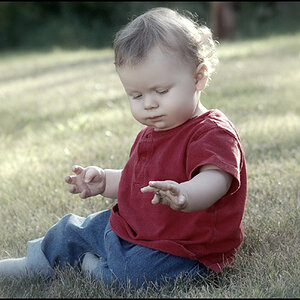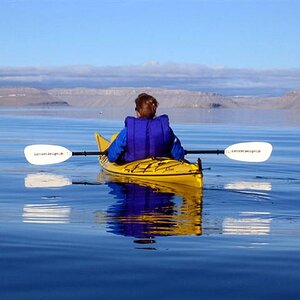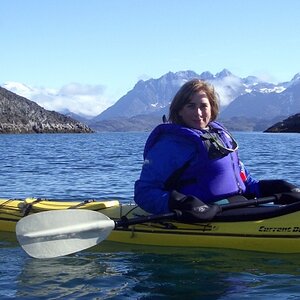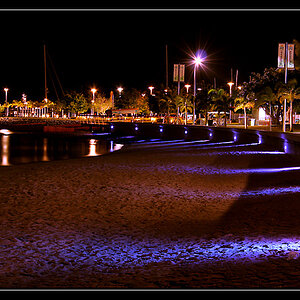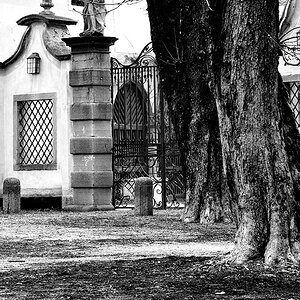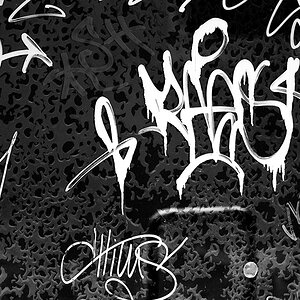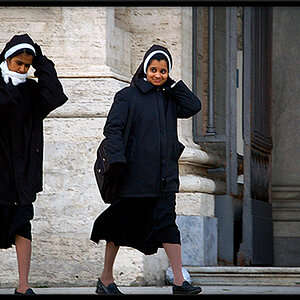abraxas
No longer a newbie, moving up!
- Joined
- Aug 15, 2006
- Messages
- 10,417
- Reaction score
- 9
- Can others edit my Photos
- Photos NOT OK to edit
As one professional photographer said, a lot of modern day photographers don't even worry about using the camera to the full extent because they know they can fix it on the computer. They are better with photoshop and they don't take the time to get the picture done properly.
I believe in this 100% and I'd rather take the time behind the camera to get the picture done properly, as opposed to dealing with it on photoshop. Leave photoshop for the fun pictures, like selective coloring and what not.
I shoot in RAW then clean up the colors a little bit, then I'm done.
Well, you can turn an OK-ish image where you had some trouble with exposure and composition into a rather good image using photoshop.
But, and this is a huge but, applying some effort in post processing to a well exposed and composed image will create a superb image!
The more you invest while creating the image in the camera, the further you can get in postprocessing!
I totally agree with Alex. Photoshop is a tool, not a crutch. I've never shot an image with, "I can 'fix' that in photoshop" in mind. All the rest is just getting better at managing your tools and becoming more efficient at what you do.




